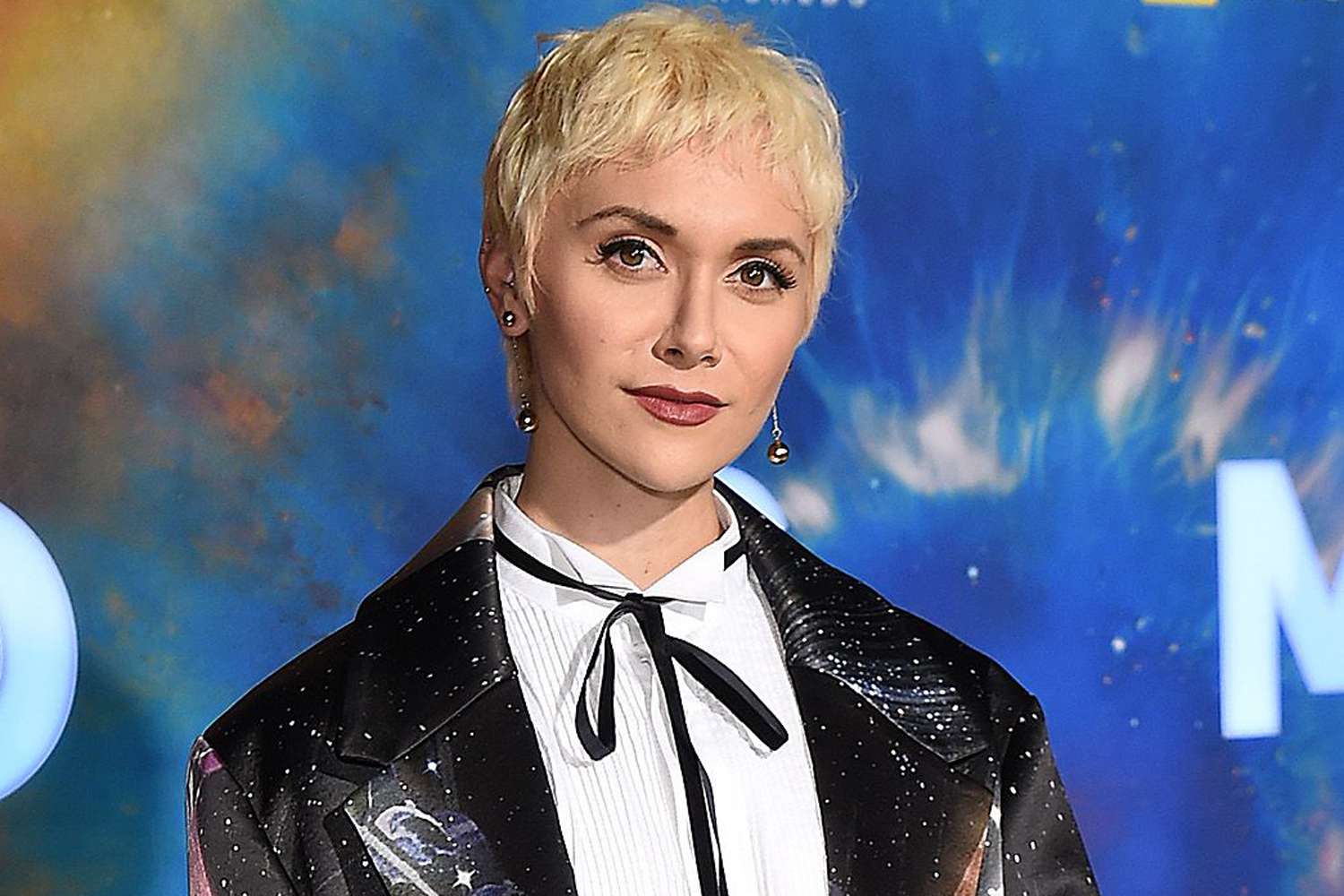A Traumatic Conversion Therapy Experience for Alyson Stoner

CREDIT: FRANK MICELOTTA/NATIONAL GEOGRAPHIC/PICTUREGROUP/SHUTTERSTOCK
Alyson Stoner is recalling traumatic conversion therapy she underwent after first feeling attracted to a woman, a revelation that conflicted with her religious background at the time.
The former Disney Channel and Step Up actress, 27, opened up to Insider about seeking out an "outpatient variation" of conversion therapy, hoping, at the time, to quell her queer side and better conform to her religious beliefs. Stoner said she "felt stuck."
"I felt like everything was wrong with me, even though I, in my heart of hearts, only desired to be a devoted follower of God," she explained. "So to hear from people you trust, from people you respect, from people you might even aspire to become, that you at your core are 'rotten,' 'abominable,' that the devil has a target on your back because of your position in Hollywood ... it just sends you into a spiral, at least for me, because I just wanted to do the right thing.”
The dancer and Mind Body Pride author added that it is, to this day, "legitimately difficult" for her to discuss the practices used in the conversion therapy, a controversial process that promises to "cure" their sexual orientation or gender identity.
"I know firsthand how dangerous it is for me as someone who had access to therapy and other forms of support," said Stoner. "And I still was considering whether my life was worth living or, if everything was wrong with me, then what good was it for me to be around. [I started] to see myself as someone who only brought harm to other people to society.”
Want to get the biggest stories from PEOPLE every weekday? Subscribe to our new podcast, PEOPLE Every Day, to get the essential celebrity, entertainment and human interest news stories Monday through Friday.
Looking back, Stoner said that, through the conversion therapy, she was taught to "see the body as something that is shameful, that is not to be trusted," which ended up "messing with my ability to foster genuine relationships with others and myself, because now I'm suppressing a voice."
"[I was] trying to change something that is what I now understand is very natural," she said.
According to the Human Rights Campaign, conversion therapy, or "reparative" therapy, as it's sometimes called, leaves minors "especially vulnerable," often leading to "depression, anxiety, drug use, homelessness and suicide." With firsthand experience, Stoner said the "dangers are measurable."
"Even if someone comes out of it on the other side and says, 'Hey, no, I'm living a great life,' there are scars there. ... So yes, I'm not capable yet of going back and recounting specifics, which is an indicator of just how difficult that chapter was for me," she said.
In 2018, Stoner reflected on falling in love with a woman and grappling with her sexuality in an essay for Teen Vogue. She said she prayed nightly to try and rid herself of her feelings and sought the help of pastors while also engaging in physical relationships with men "to convince myself that my love for her was just a spiritual battle attacking my character and discernment.”
"My faith at that time played a large role in every aspect of my life, and my worldview neither supported nor accepted same-sex relationships," she explained in the essay. "I prayed in turmoil nightly, begging to be healed from these desires."
However, Stoner said she learned to accept her authentic self in the end: "I, Alyson, am attracted to men, women and people who identify in other ways. I can love people of every gender identity and expression. It is the soul that captivates me. It is the love we can build and the goodness we can contribute to the world by supporting each other's best journeys."
In April, Stoner penned a powerful op-ed for PEOPLE, reflecting on child stardom and the "notorious" effects it has on those who go through it. She called on Hollywood to change and protect kids in the industry, writing, "On behalf of the current children being abused right now, there is an opportunity for us to empower each other through honest conversation and collaborative action."
If you or someone you know is considering suicide, please contact the National Suicide Prevention Lifeline at 1-800-273-TALK (8255), text "STRENGTH" to the Crisis Text Line at 741-741 or go to suicidepreventionlifeline.org.
Comments